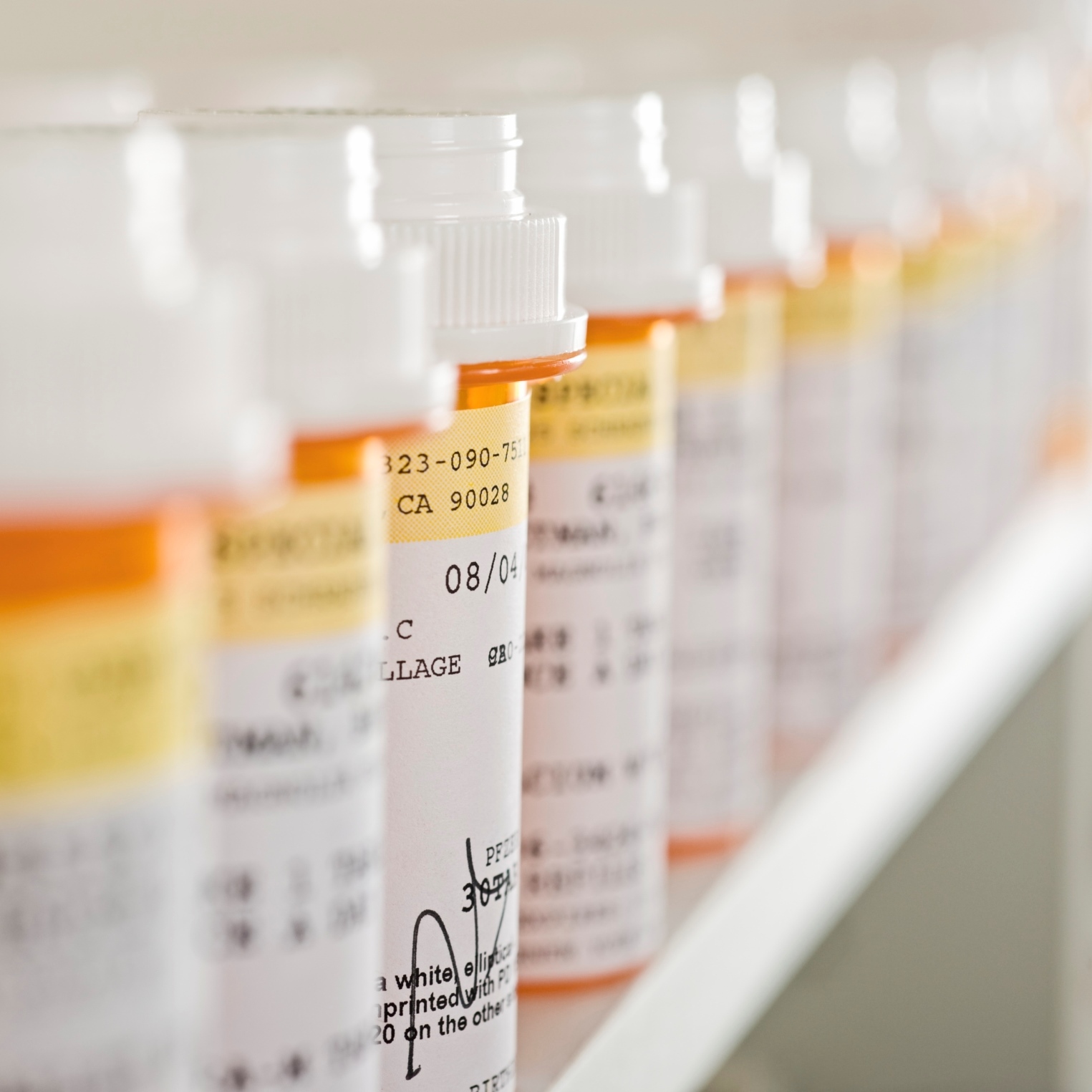Health and Healthcare
Short Sellers Run for Cover From Major Pharma

Published:
Last Updated:

The short interest data have been released for the June 30 settlement date. Pharmaceutical companies usually are involved in a lengthy process in getting their drug candidates to market through clinical trials. There is a fair amount of risk involved, should a study come back negative or a candidate not be approved. Conversely, if a drug is approved or passes a clinical trial, there can be big upside.
Drug prices may be under pressure due to the campaign trail and under scrutiny, but if generic drugs are going to keep increasing in market share of existing drugs then there would seem to be a reason for owning major pharmaceuticals.
The June 30 short interest data have been compared with the previous figures, and for the selected pharmaceutical stocks short interest decreased.
As a reminder, short sellers betting against big pharma are taking on an added risk. They have to pay out the ongoing high dividends on top of the cost of borrowing the shares.
Pfizer Inc. (NYSE: PFE) saw its short interest decrease to 50.67 million shares from the previous 55.94 million. Shares of Pfizer closed Tuesday at $36.24, within a 52-week trading range of $28.25 to $36.46.
Merck & Co. Inc. (NYSE: MRK) had a retreat in short interest to 30.33 million shares from 30.99 million in the previous period. Its shares closed Tuesday at $59.60, in a 52-week range of $45.69 to $60.07.
Teva Pharmaceutical Industries Ltd. (NYSE: TEVA) short interest dropped to 19.97 million shares. The previous level was 24.11 million. Shares closed Tuesday at $52.46, in a 52-week range of $48.01 to $72.31.
Bristol-Myers Squibb Co. (NYSE: BMY) saw its short interest decrease to 16.02 million shares from the previous reading of 17.50 million. Shares closed Tuesday at $76.20, within a 52-week range of $51.82 to $76.55.
AbbVie Inc. (NYSE: ABBV) short interest fell to 71.16 million shares, compared to the previous 78.21 million. Shares of AbbVie closed Tuesday at $65.50, in a 52-week trading range of $45.45 to $71.60.
Thank you for reading! Have some feedback for us?
Contact the 24/7 Wall St. editorial team.